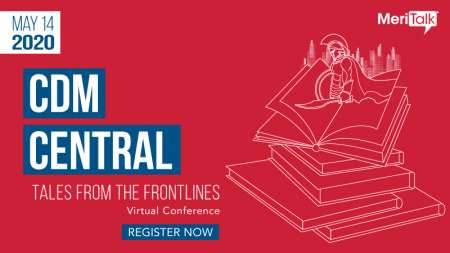The answer to that question, according to the latest memo on essential critical infrastructure from the Cybersecurity and Infrastructure Security Agency (CISA), turns out to be a lot. From engineering and HVAC to security and customer service, here’s the agency’s list of essentials:
- Workers who support command centers, including, but not limited to Network Operations Command Centers, Broadcast Operations Control Centers and Security Operations Command Centers.
- Data center operators, including system administrators, HVAC & electrical engineers, security personnel, IT managers and purchasers, data transfer solutions engineers, software and hardware engineers, and database administrators, for all industries (including financial services).
- Workers who support client service centers, field engineers, and other technicians and workers supporting critical infrastructure, as well as manufacturers and supply chain vendors that provide hardware and software, support services, research and development, and information technology equipment (to include microelectronics and semiconductors), and HVAC and electrical equipment for critical infrastructure, and test labs and certification agencies that qualify such equipment (to include microelectronics, optoelectronics, and semiconductors) for critical infrastructure, including data centers.
- Workers needed to preempt and respond to cyber incidents involving critical infrastructure, including medical facilities, SLTT governments and federal facilities, energy and utilities, and banks and financial institutions, securities/other exchanges, other entities that support the functioning of capital markets, public works, critical manufacturing, food & agricultural production, transportation, and other critical infrastructure categories and personnel, in addition to all cyber defense workers (who can’t perform their duties remotely).
- Suppliers, designers, transporters and other workers supporting the manufacture, distribution and provision and construction of essential global, national and local infrastructure for computing services (including cloud computing services and telework capabilities), business infrastructure, financial transactions/services, web- based services, and critical manufacturing.
- Workers supporting communications systems and information technology- and work from home solutions- used by law enforcement, public safety, medical, energy, public works, critical manufacturing, food & agricultural production, financial services, education, and other critical industries and businesses.
- Employees required in person to support Software as a Service businesses that enable remote working, performance of business operations, distance learning, media services, and digital health offerings, or required for technical support crucial for business continuity and connectivity.

Read More About
Recent
More Topics

